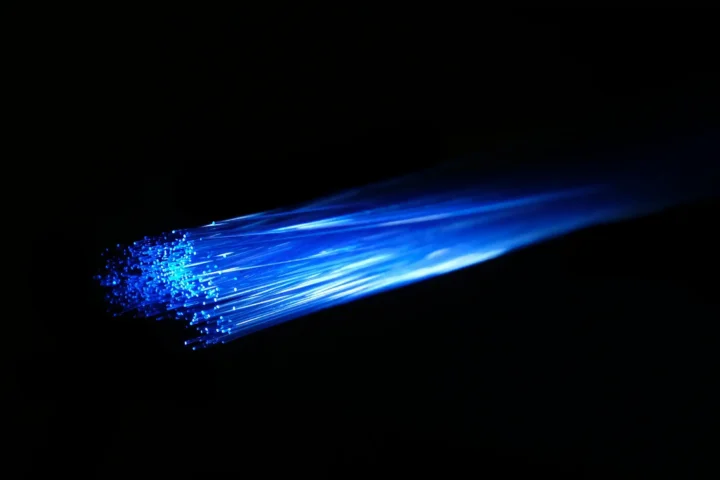On a clear winter day, beneath an unusually generous sun, Jean-Marie Le Pen—the notorious patriarch of France’s far-right dynasty—was laid to rest quietly in La Trinité-sur-Mer, the serene Breton fishing village where his tempestuous journey began nearly a century ago. Yet even in this humble farewell, his ghostly shadow stretched beyond the quaint church, the watchful security, and the seafood restaurant adorned with whimsical marine paintings, hinting that his saga, however subdued the funeral might have been, was far from concluded.
Indeed, Jean-Marie’s quiet burial seemed an ironic finale for a man who made his mark through boisterous provocations. But if we’ve learned anything about the Le Pens, it’s that endings are rarely conclusive. They’re merely prequels to the next turbulent chapter.
The Le Pen dynasty has always thrived precisely because it lives at the intersection of tragedy and resilience—reshaped by fire rather than consumed by it
Today, the spotlight shifts decisively to Marine Le Pen, Jean-Marie’s daughter and heir apparent, who has dramatically reshaped her father’s rabble-rousing creation into the National Rally—a sleek, modern machine stripped of overtly sinister undertones, yet powered by the same combustible blend of populism, xenophobia, and nationalism. Marine’s reinvention of her father’s legacy has turned her party into Europe’s most potent populist force, a political juggernaut patiently awaiting its moment to seize power.
But now, Marine stands on perilous ground, her political future suspended like a cliffhanger from a courtroom ceiling. With prosecutors demanding she be barred from public office for embezzling European Parliament funds—a charge she vehemently denies—her ambitions for the Élysée Palace teeter on a judge’s gavel set to fall on March 31. Her dreams, meticulously nurtured through years of painstaking image rehabilitation, may yet evaporate in an instant.
But the Le Pen dynasty has always thrived precisely because it lives at the intersection of tragedy and resilience. After each seemingly fatal blow—be it electoral defeat, public scandal, or internal betrayal—the family phoenix-like emerges stronger, undaunted, reshaped by fire rather than consumed by it.
And waiting in the wings is Jordan Bardella, the polished outsider who personifies the party’s pivot to youthful sophistication. Bardella’s ascent signals a transition from a dynasty steeped in controversy to a future defined by disciplined populism—a stark departure, yet deeply rooted in the foundations Jean-Marie laid down decades ago.
Jean-Marie may now rest quietly under Breton soil, but the storm he unleashed nearly half a century ago still rages—stronger, subtler, and undeniably mainstream
France’s political mainstream now finds itself inadvertently echoing National Rally rhetoric, suggesting that even if the Le Pen name never graces the Élysée, their ideological victory is nearly complete. Their once-controversial ideas, born in Jean-Marie’s gritty defiance, normalized by Marine’s savvy recalibration, have woven themselves into the fabric of French political discourse.
In this uncertain moment, as Marine awaits judgment that could make or break her political destiny, the Le Pen legacy looms large and complex—equal parts cautionary tale and roadmap to power. The story of this incendiary family, punctuated by public rifts, dramatic expulsions, and endless comebacks, isn’t merely France’s equivalent of a television drama like “Succession.” It’s a profound reflection of our turbulent political age—one in which extremism has shifted from the fringes to the mainstream.
Marine’s story, tragic yet defiant, is emblematic of a movement that refuses to bow quietly into history. Jean-Marie may now rest quietly under Breton soil, but the storm he unleashed nearly half a century ago still rages—stronger, subtler, and undeniably mainstream. The Le Pen legacy endures, suggesting that whatever verdict the court hands down, it will be merely another plot twist in a saga destined to continue.











